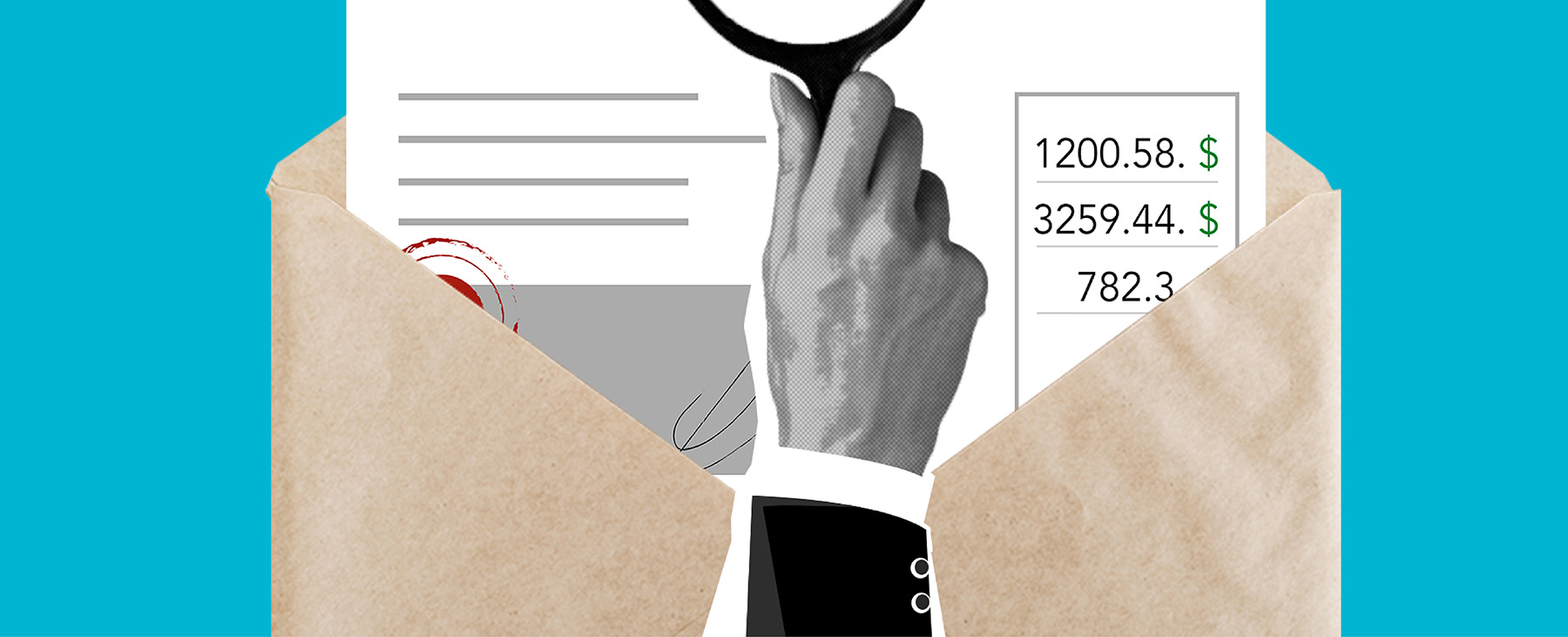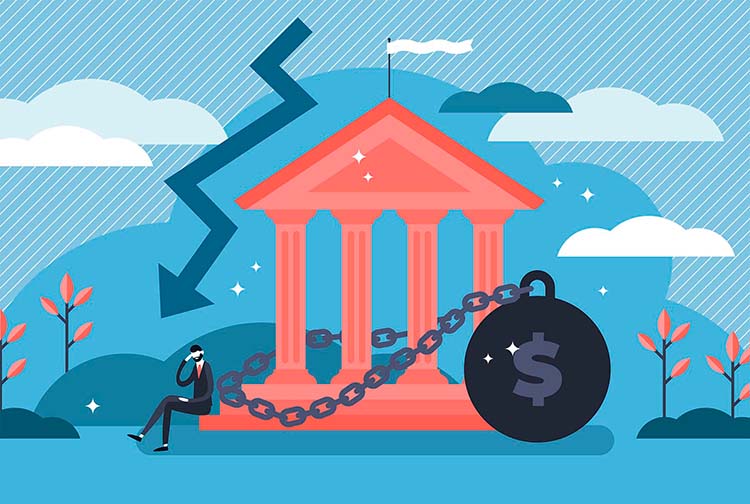

ECB backtracking makes public debt more expensive
The European Central Bank has already started to reduce its public debt portfolio. Without massive purchases by the ECB, interest rates paid by European countries on public debt are bound to soar. To balance their books, states will be forced to cut spending.
As announced in December, this March the ECB began to reduce its portfolio of public debt acquired under the APP programme. This programme was launched in 2014 to mitigate the financing costs of eurozone states and has led it to hold more than two trillion euros in sovereign debt.
The European banking regulator’s massive purchase of government debt over the past few years has meant that interest rates on such debt have been remarkably subdued due to strong demand. This has allowed European governments to finance increased spending to stimulate the economy at a reduced cost.
These purchases will now decline “at a measured and predictable pace”, according to the ECB. This reduction is estimated to be 15 billion euros per month on average until the end of the second quarter of 2023 and the pace of reduction thereafter is yet to be determined.
Change in monetary policy
This is a further step by the European banking regulator in its strategy of tightening monetary policy. The ECB had already stopped net asset purchases in July 2022, although until now it continued to reinvest in full the principal payments corresponding to the securities acquired under the APP programme that were maturing.
In the case of the Spanish government, this measure could mean that the European Central Bank will stop buying more than 14 billion euros in government bonds this year. The figures being considered for 2024 and 2025 range between 17 and 28 billion euros per year.
This measure will push up the cost of financing for states and, as this serves as a benchmark for the private sector, this will also be the case for individuals and companies. For the time being, in the two auctions of Spanish ten-year debt held in March, the interest rate exceeded 3%, something that had not happened in two consecutive auctions since 2017.
Billions in interest
The Spanish government’s budget for 2022 expected the interest cost of public debt to be €30.175 billion, while the forecast for 2023 is already €31.275 billion, which is 3.6% more.
In fact, this is more than the amount allocated to basic public services, to which 27.753 billion euros will be spent this year. And the gap will continue to widen with the increase in financing costs. Some experts warn that, if central bank rate hikes persist, up to 33.675 billion could end up being paid in interest this year, 2.4 billion more than budgeted.
Private investors will have to take over from the ECB as major buyers of European public debt in the short and medium term. And they will only be seduced by public debt if the interest offered is succulent. According to Goldman Sachs, this could mean an increase of 15 basis points in German bond yields by the end of this year and between 30 and 35 basis points for peripheral countries.
A necessary and painful decision?
Among other reasons, the European banking regulator has justified the decision to reduce its holdings of government bonds by the need to “regain valuable policy space in an environment in which the current large volume of excess liquidity is not needed for steering short-term market interest rates”.
The ECB needs this room for manoeuvre to cope with possible turbulence in the financial system. Moreover, its massive purchases of government bonds have artificially doped eurozone economies in recent years, something that cannot be sustained indefinitely.
However, it is unlikely that this excess liquidity can be dispensed with in order to control the interest rates paid on government debt. This decision will be painful for many European countries, especially those in the periphery. In a context of rising central bank interest rates, which increase the profitability of many financial products, it is unclear how far government bond yields will have to rise to attract private investors.
If you want to discover the best option to protect your savings, enter Preciosos 11Onze. We will help you buy at the best price the safe-haven asset par excellence: physical gold.
Leave a Reply
You must be logged in to post a comment.





Gràcies per l’explicació
Gràcies a tu, Jordi, per ser-hi i per seguir-nos!!!
Està tot q s’aguanta amb pinces, i ha quedat palès q les mesures q es van prendre al 2008, no han estat les encertades, i ara ens tocarà viure una altra gran crisi, i ja veurem com la sortegem.
Bon article, merci
Celebrem que t’hagi agradat, Manel!!!
Gràcies!
Gràcies, Joan!!!